Politics
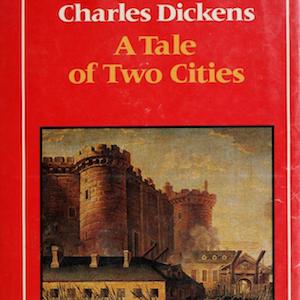
Dickens, Tale of Two Cities
Charles Dickens’s (1812–70) novels generally appeared in serial form in popular newspapers.
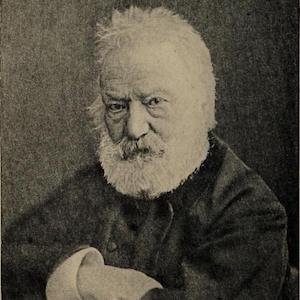
Hugo, Ninety–Three
Victor Hugo (1802–85) was an ardent republican and defender of the revolutionary legacy who went into exile during the Second Empire (1852–70). He lived long enough to become an icon of the Third Republic.
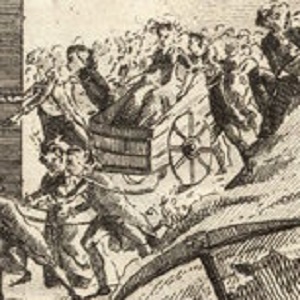
Image of the King at the Festival of Federation
Having lived through a tumultuous year, France’s political leaders, new and old, perceived the need to foster a sense of unity among the people.
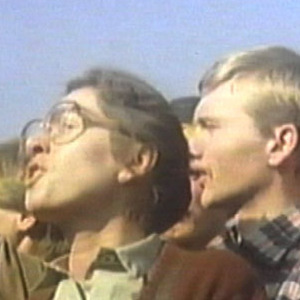
Scenes from Andrzej Wajda’s film, Man of Iron (1981)
Filmed just after Solidarity’s initial spectacular rise in 1980, Andrzej Wajda’s Man of Iron was won immediate global acclaim.

Traditional Soviet Values for Children
Soviet propaganda posters presented positive images of healthy, active people engaged in useful service to the state, including children. This Soviet poster from 1953 was typical of this image.

Photographs of the St. Stanisław Kostka Church in Warsaw
Father Jerzy Popiełuszko was one of the most vocal priests involved in the Solidarity movement in the early 1980s.
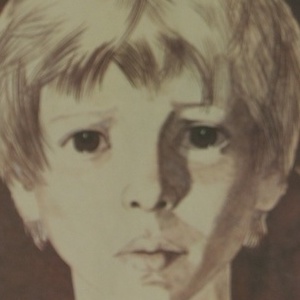
Divorce in the Soviet Union
One of Mikhail Gorbachev's most famous reform movements was 'glasnost' (openness), which allowed partial freedom of the press to address social problems and corruption within the Soviet Union.

Environmental Activism in the Soviet Union
On April 26, 1986, an explosion at the Chernobyl Nuclear Power Plant in Ukraine led to the radioactive contamination of the surrounding countryside and to radioactive fallout throughout Eastern and Western Europe.
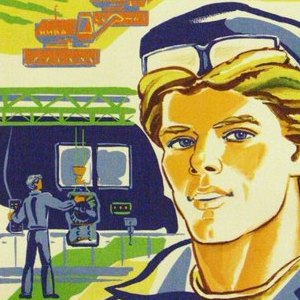
Perestroika and the changing Soviet workforce
One of Mikhail Gorbachev's most famous reform movements was perestroika (reconstruction), an attempt to rebuild the Soviet economy, which had been stagnating for more than a decade.
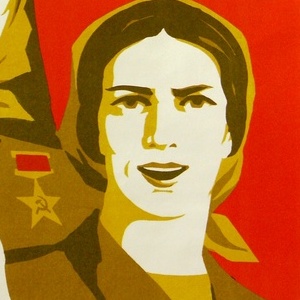
Traditional Image of Soviet Women
Soviet propaganda posters presented positive images of healthy, active people engaged in useful service to the state, including women. In this poster from 1974, three women, with their hair covered with a traditional kerchief, are depicted alongside a clear slogan: "Soviet Women!